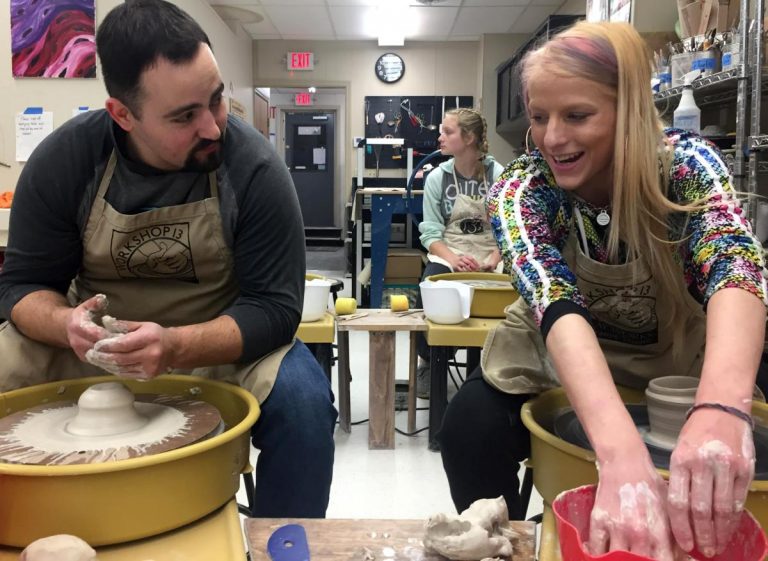"Help, Not Handcuffs"
A New Way to Respond to the Opioid Crisis
Aired on New England Public Radio, February 2020
As opioid abuse continues unabated, drug users often stay under the radar until it’s too late.
Health leaders are developing ways not just to get them help, but to keep them alive until they’re ready to get sober.
In one approach gaining traction around Massachusetts, police officers are trained to reach out to drug users after a crisis — from an overdose to a drug-related crime — and offer them help. That could mean a warm bed for the night or a ride to detox.
But more often than not, the drug user is not ready to accept that help.
So officers are learning patience, persistence, and the ups and down of addiction, while health and policy leaders grapple with how to measure success.
NEPR’s Karen Brown takes a look at how police officers and drug users are adapting to “post-overdose outreach,” how the work of recovery coaches fits into the process, and how researchers and policy makers are judging its effectiveness.




